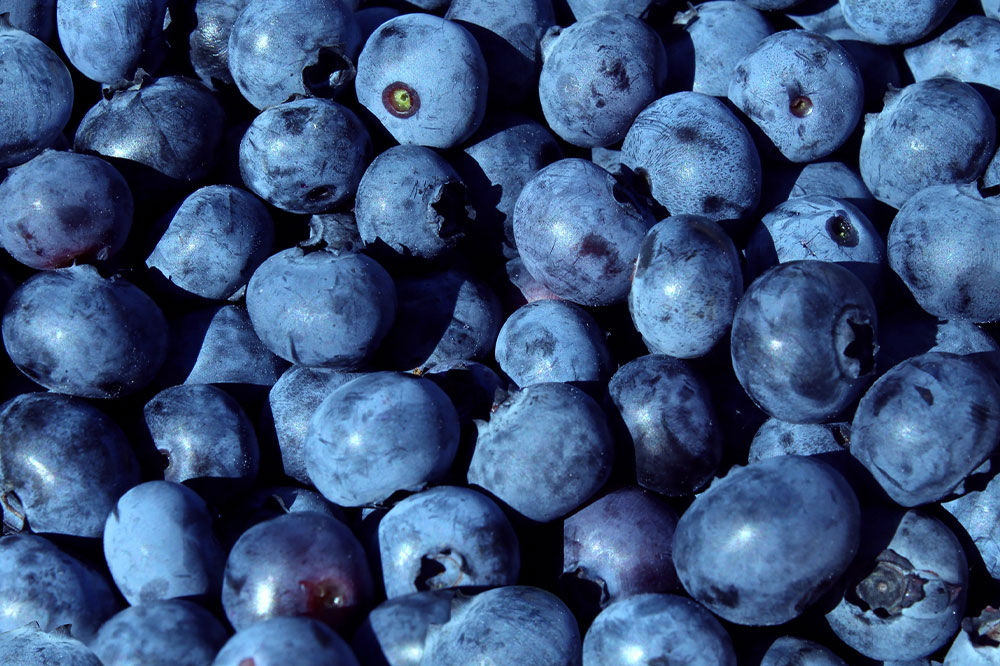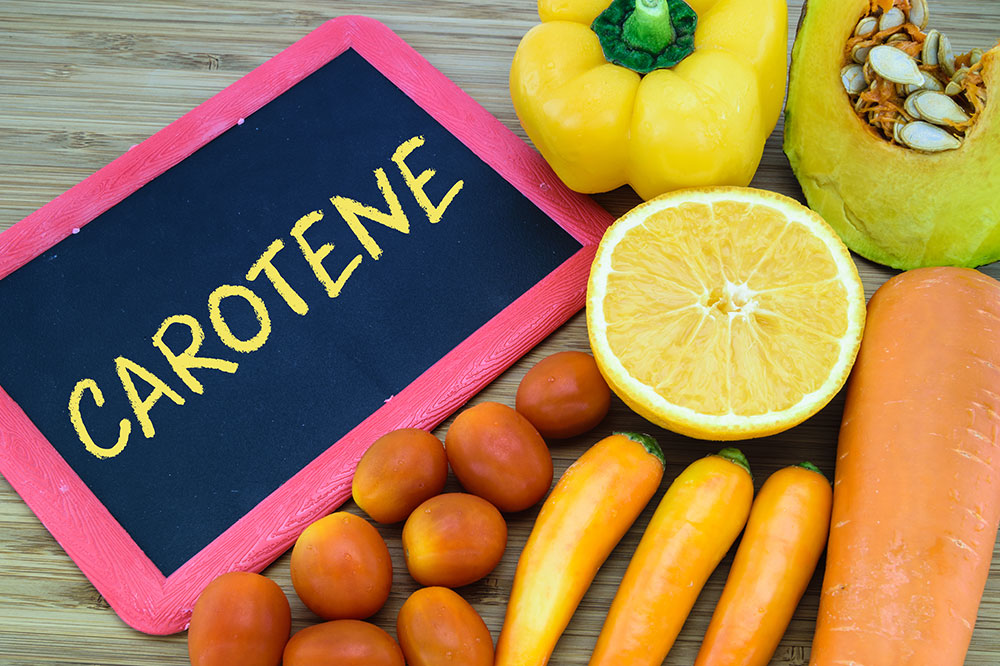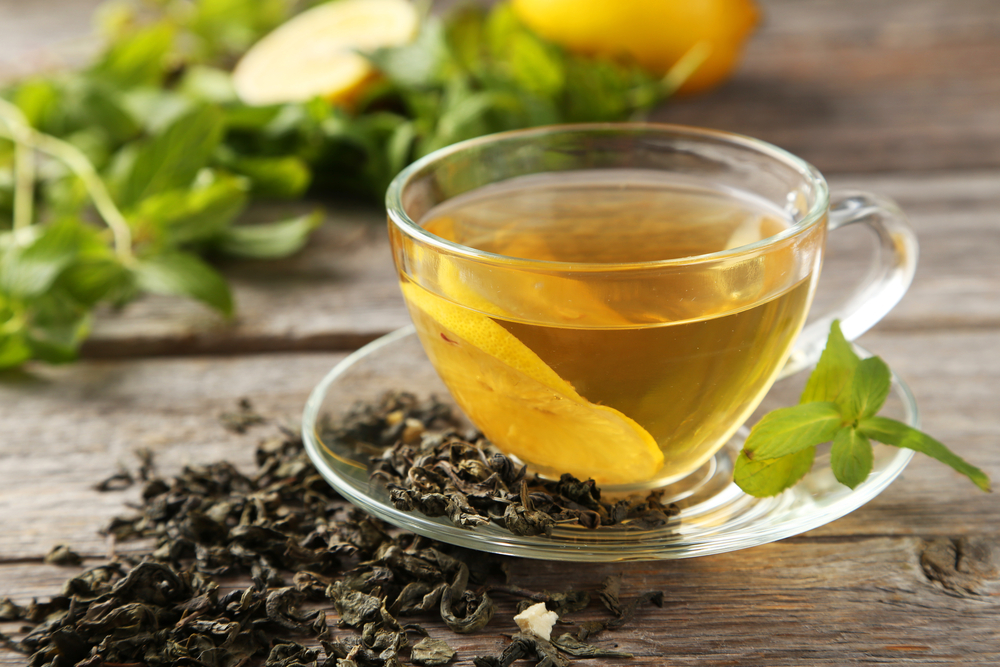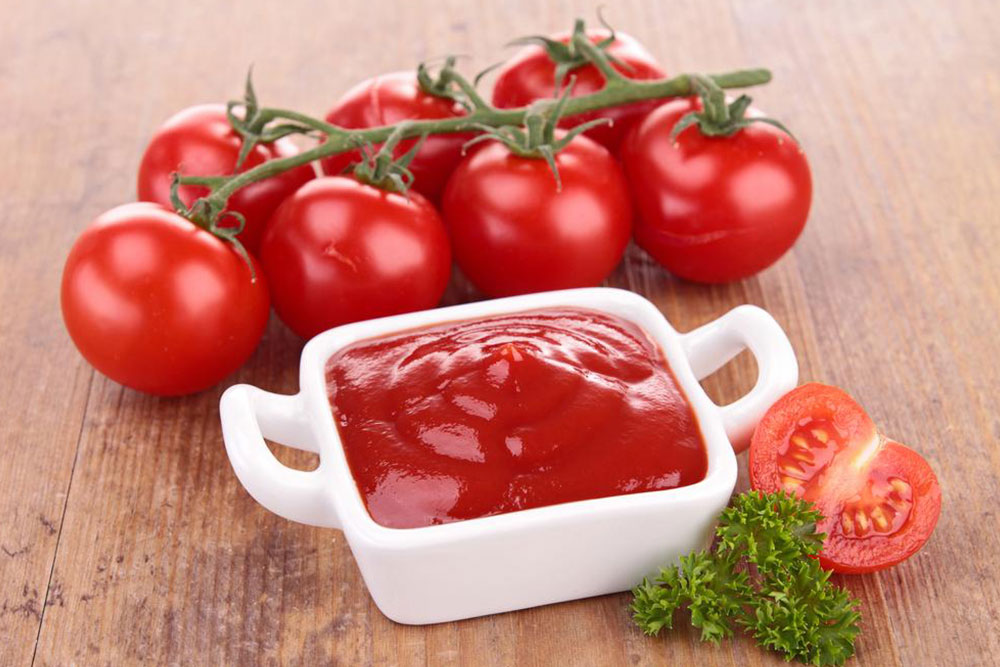Natural Elements That May Reduce Skin Cancer Risk
Explore natural compounds like flavonoids, carotenoids, and sulforaphane that may help prevent skin cancer. Found in various fruits, vegetables, herbs, and spices, these nutrients offer a promising way to reduce skin cancer risk through diet. Scientific research emphasizes the potential of plant-based phytochemicals in cancer prevention efforts, making natural foods a crucial part of health strategies. Always seek professional medical advice for diagnosis and treatment.
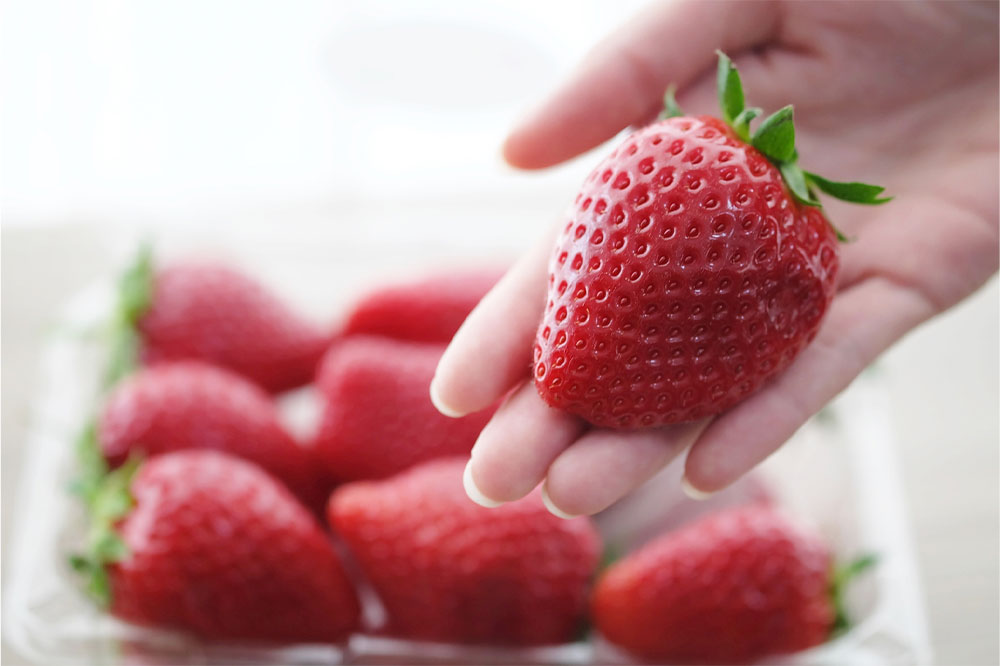
Natural Elements That May Reduce Skin Cancer Risk
Traditional herbal guides and scientific studies highlight that natural ingredients can play a significant role in health maintenance. Whether combating common illnesses like colds or managing chronic conditions such as arthritis, incorporating natural foods alongside other remedies can effectively alleviate symptoms. Notably, research indicates that certain natural compounds might help prevent skin cancer.
Natural anti-cancer agents sourced from nature
Scientific evidence shows that many anti-cancer substances originate from marine, microbial, and plant-based sources. Skin cancer, especially aggressive forms like malignant melanoma, remains a leading cause of death, prompting further research into preventive options.
Hence, the focus has shifted towards exploring phytochemicals such as flavonoids, terpenoids, carotenoids, sulforaphane, vitamins, and polyphenols. These natural substances have shown potential in preventing or combating skin melanoma and other forms of skin cancer.
Natural Compounds Supporting Skin Cancer Prevention
Identifying effective natural compounds is crucial for prevention. The best approach is consuming these nutrients in their most natural, unprocessed forms. Below is a list of key compounds linked to skin cancer protection and their food sources.
Flavonoids
These plant-based antioxidants are linked to reduced risks of various cancers. Foods rich in flavonoids include berries, cabbage, onions, kale, tea, dark chocolate, parsley, soybeans, and citrus fruits.
Terpenoids
Found in spices, herbs, fruits, and vegetables, prominent sources are mangoes, apples, citrus fruits, basil, rosemary, cinnamon, oregano, cloves, lavender, and black pepper.
Carotenoids
Associated with orange pigmentation, foods high in carotenoids include papaya, cantaloupe, sweet potatoes, tangerines, tomatoes, winter squash, and carrots.
Sulforaphane
Present in cruciferous vegetables such as broccoli, cauliflower, kale, cabbage, Brussels sprouts, bok choy, collards, mustard greens, and watercress.
Vitamins
Foods rich in vitamins C, E, and A are important antioxidants. Citrus fruits and vegetables provide vitamin C; nuts and seeds supply vitamin E; and sweet potatoes and carrots are excellent sources of beta-carotene.

